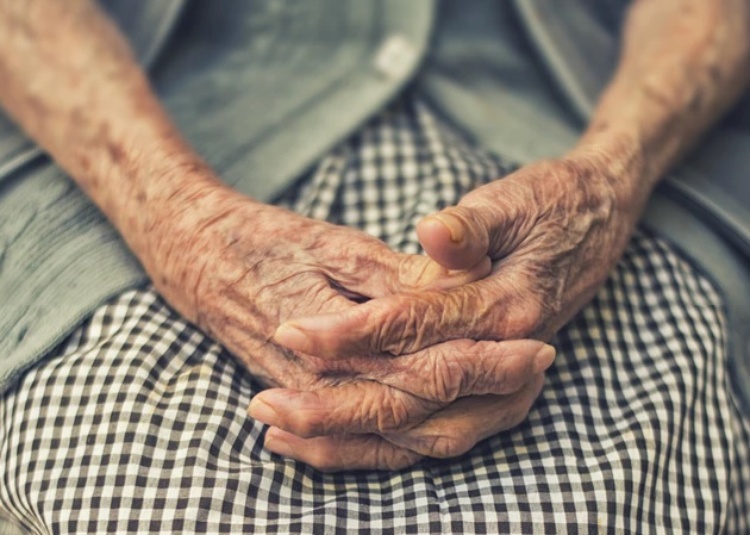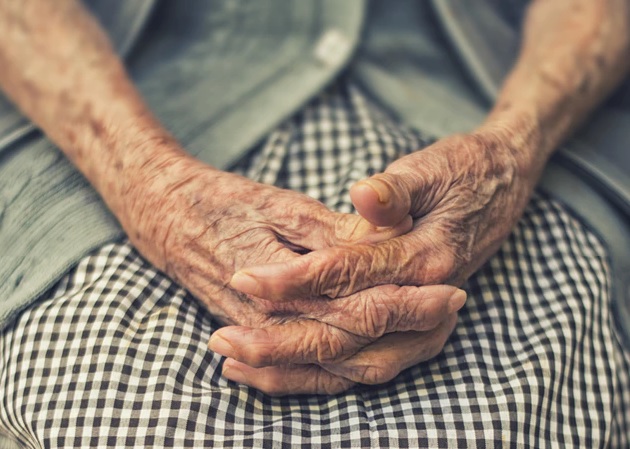However, more and more cases of elder abuse, in both aged care facilities and private homes, are surfacing in the media every day.
In partnership with Victoria Police, State Trustees has released a multilingual video to highlight elder abuse is a form of family violence and to encourage people to come forward and report such acts.
The video features representatives from Victoria Police and State Trustees explaining the warning signs of elder abuse and what do if someone is at risk, including examples of elder abuse.
The clip also provides tips which can help prevent elder abuse from occurring in the first place.
The video has been translated and captioned into Italian, Greek, Vietnamese and Mandarin and has been shared on social media in order to gain maximum exposure and reach out to various communities across Victoria.
But what exactly counts as elder abuse?
Elder abuse can come in various forms including physical, emotional, sexual and financial abuse.
Examples of elder abuse listed on Victoria Police’s website are:
- financial abuse, abusing power of attorney, accessing bank accounts or coercively taking the older person's money, assets or possessions
- ageist abuse, e.g. stopping elder from making their own decisions, blaming the older person for care needs
- hitting, rough handling or neglectful care
- withholding medications, food, glasses, hearing or mobility aids
- social isolation
- unwanted sexual touching, including rape
Financial abuse is the most common form of abuse: at any given time, State Trustees is investigating up to 200 cases of alleged financial elder abuse around the state.
State Trustees Relationship Manager, Luke Wright, said the organisation’s role as independent financial administrators means they have experience with many forms of financial abuse of older people.
“We see a range of cases involving transfer of property and theft of hundreds of thousands of dollars from our clients’ bank accounts; to cases where the older person is deprived of access to their pension and is at risk of eviction because their rent hasn’t been paid,” Wright said.
“Often the financial abuse is perpetrated by the person’s son or daughter.”
Wright added that while identifying financial abuse can be very difficult, there are some signs that can help to detect it.
“The older person may hint at controlling behaviours or pressure for financial support from the perpetrator,” he said.
“They may display outward signs such as looking uncharacteristically dishevelled or complaining of having no money.”
It is hoped the new video produced by State Trustees and Victoria Police will raise awareness about elder abuse, help others detect when someone they know may be a victim and encourage older people who are facing abuse to come forward and seek assistance.
Victoria Police have established family violence units and are trained in how to assist with elder abuse, while many other services can also respond to reports of abuse.
If you are concerned that yourself, or someone you know, may be facing elder abuse, here is a list of organisations that are set up to help:
Victoria Police (ask to speak to a Family Violence liaison officer): 000
State Trustees (ask to speak to an expert on financial elder abuse): 1300 138 672
Domestic Family Violence 24/7 Counselling Service: 1800 737 732
Office of the Public Advocate: 1300 309 337
Seniors Rights Victoria: 1300 368 821
1800ElderHelp (1800 353 374) for information, support and referrals. The phone line is a collaboration between the Australian state and territory governments.












